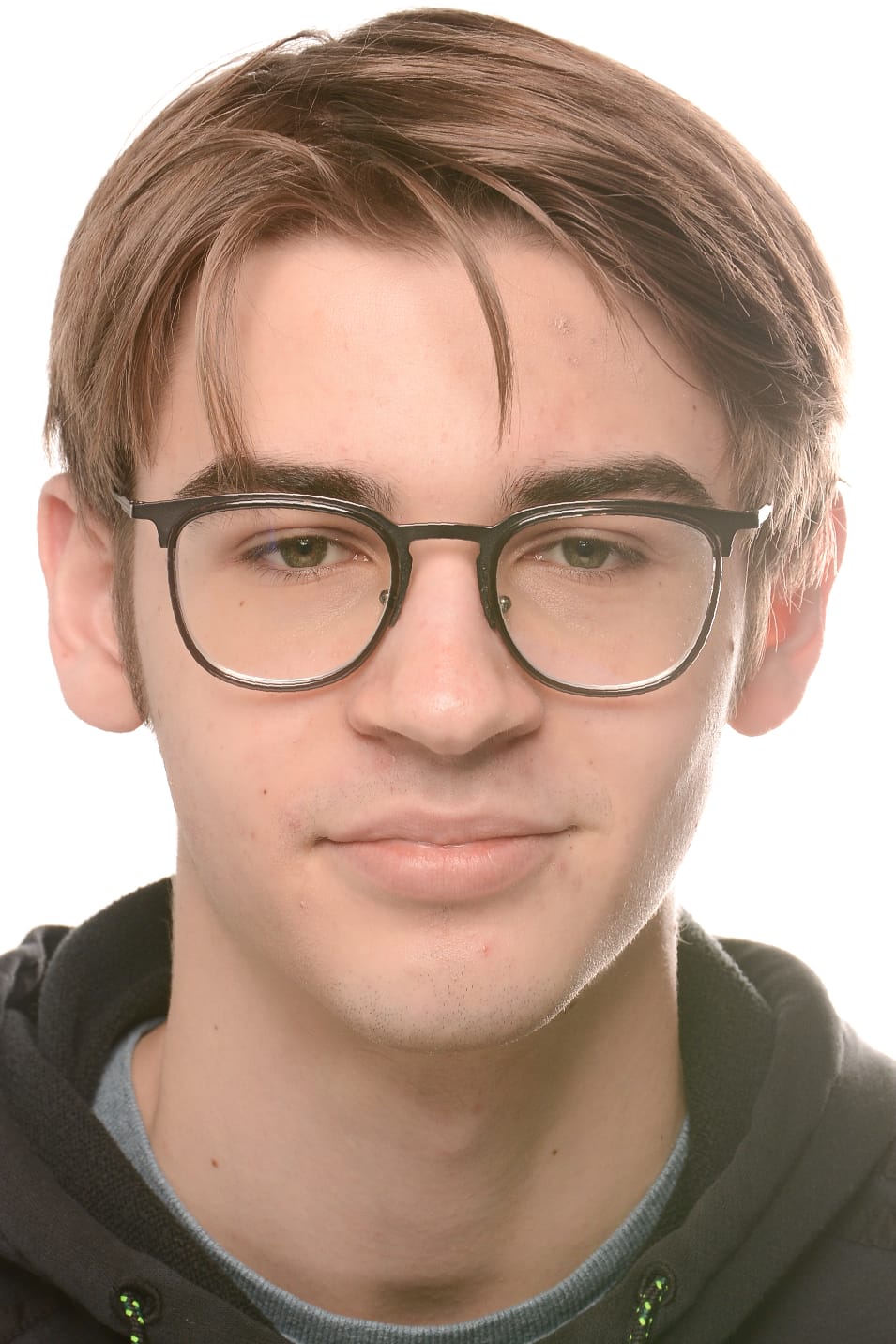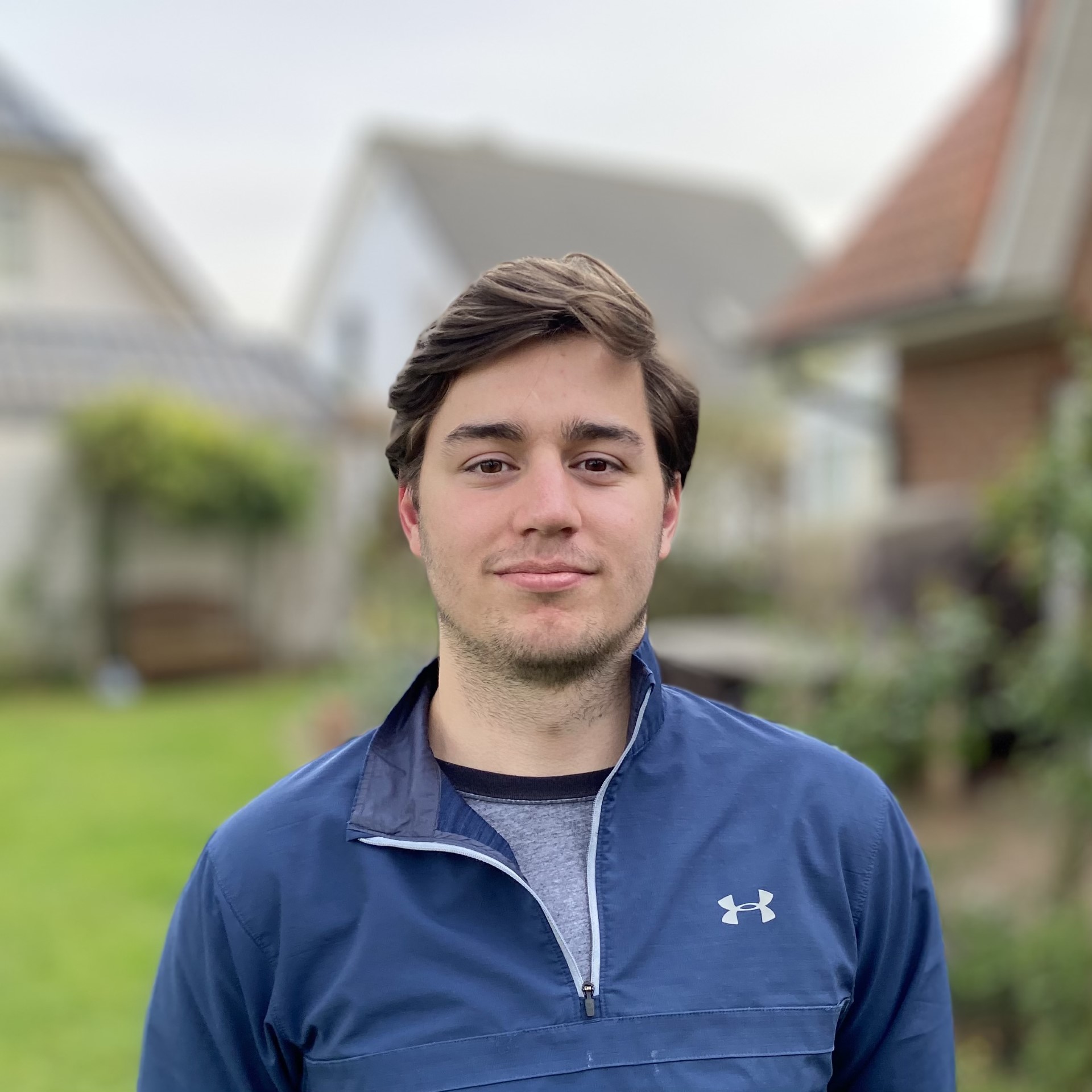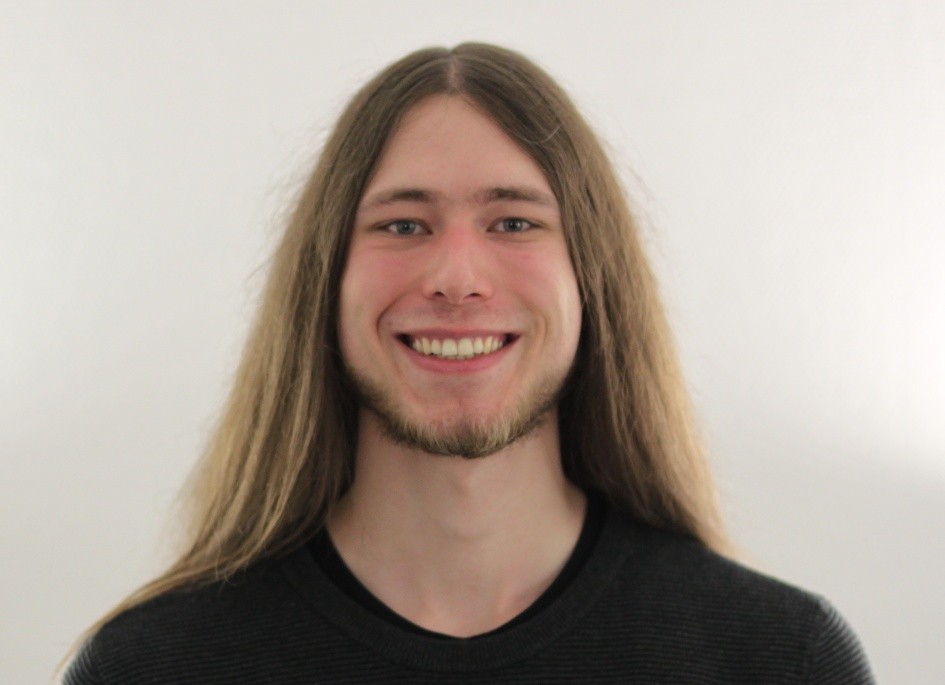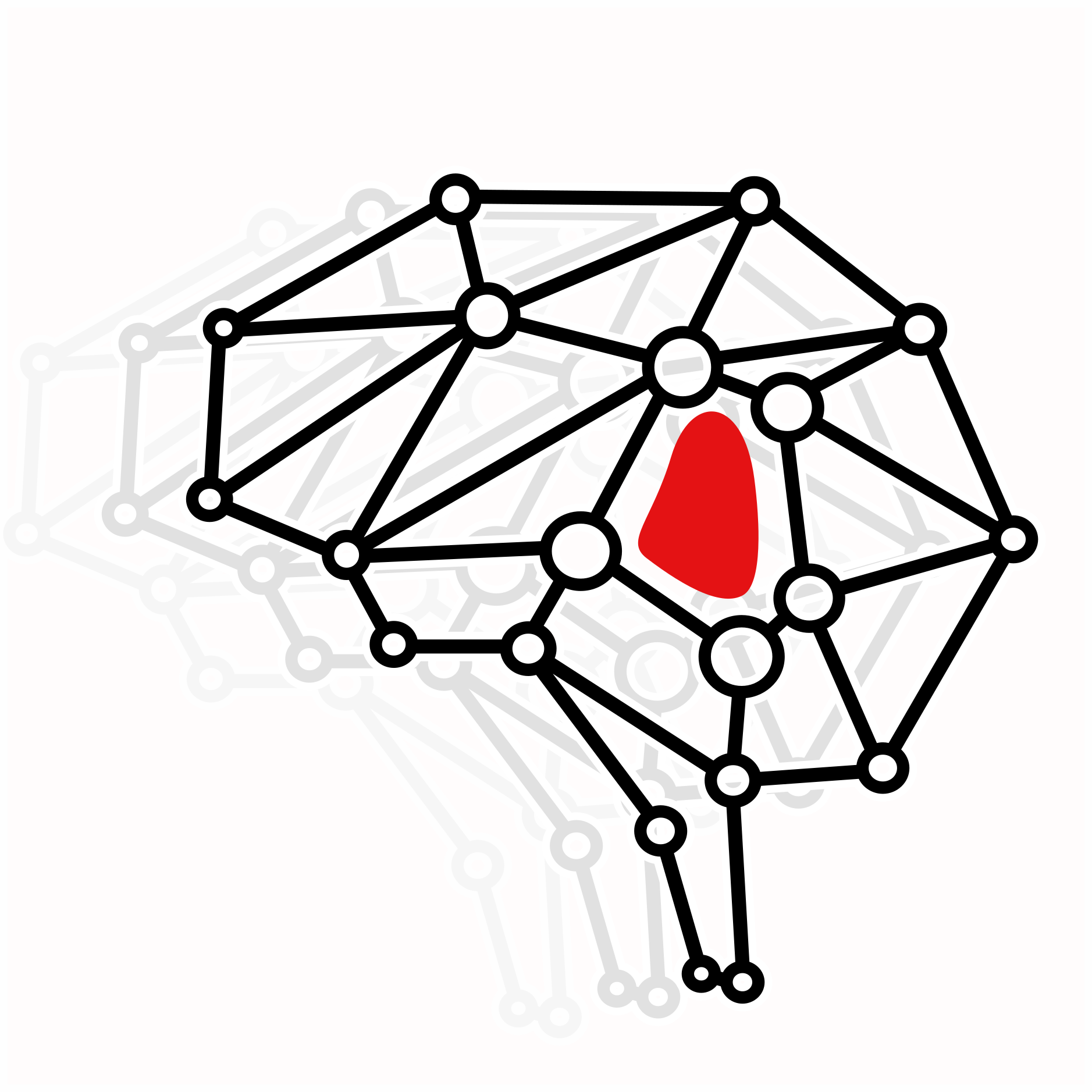
Project scope
At the beginning of the project, the project participants acquire general and medical-specific Deep Learning methodologies and learn how to handle the software and hardware resources used by the Fraunhofer Institute for Digital Medicine MEVIS. Subsequently, the project participants focus on identifying and implementing specific sub-projects, thus making a contribution to a highly topical research area.
Main focus 2023/2024
- Training of different classifiers for the detection of abdominal and paravertebral muscles
- Sparse Label Annotation via extended SATORI Tool
- Research about evaluation metrics for medical image segmentation
- Several infrastructure topics
- Blossom: Reboot and improvement of the live lossplot tool
- Keras Migration to Version 3
- Extension of the Satori file upload functionality
- Implementation of a OpenSearch based textual logger connected to various cloud based services
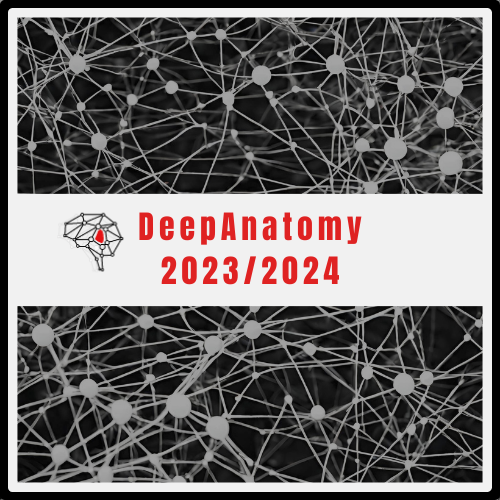
Deep Learning in Medical Imaging
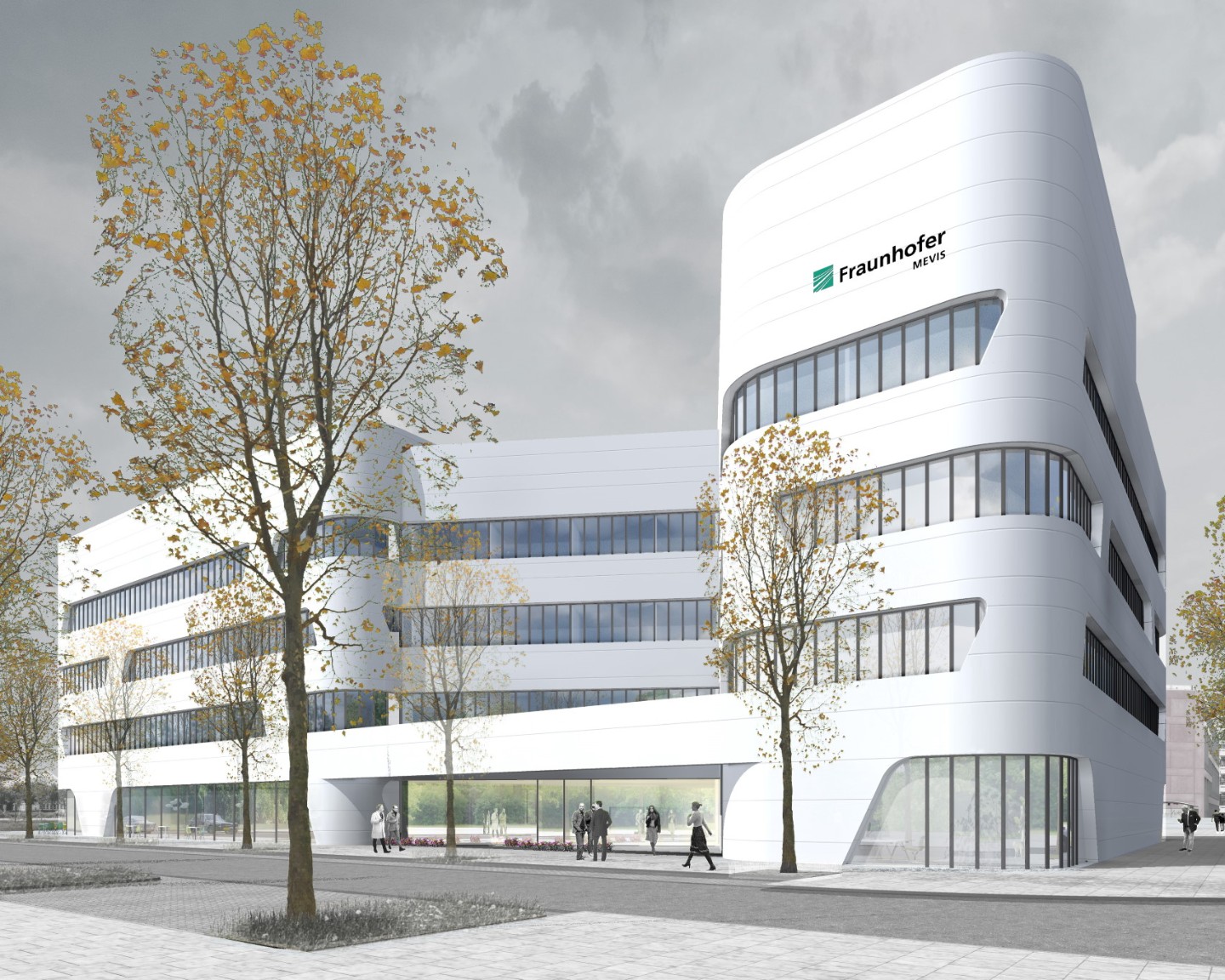
© Haslob Kruse + Partner
Infrastructure
The project participants have the following, special software resources available through the Fraunhofer Institute for Digital Medicine MEVIS:
- MeVisLab - a framework for medical image processing and visualization in research and development.
- RedLeaf - a Deep Learning Framework developed by the Fraunhofer Institute for Digital Medicine MEVIS. RedLeaf builds on widely used Deep Learning Frameworks such as Keras and PyTorch. In addition to the integration of MeVisLab, RedLeaf offers numerous predefined neural network architectures and live monitoring of training performance.
- Challengr - a web interface developed by the Fraunhofer Institute for Digital Medicine MEVIS for comparing different neural networks.
Prior Knowledge and Requirements
Initial knowledge in Deep Learning facilitates project entry, but is not absolutely necessary due to the intensive theoretical training. Prior knowledge in the following areas is also helpful:
Python
Python is a programming language with clear syntax and easy readability, which can be used versatilely. In the project, the Deep Learning Frameworks Tensorflow/Keras and PyTorch as well as the WebFramework Flask are also used.
Docker
Docker is freely available software that simplifies the deployment of applications: the applications are packaged into containers that contain all the packages needed for execution (libraries, system tools, environment variables, etc.).
Quasar
Quasar is a freely available, Vue.js-based framework for frontend development.
About us
The Bachelor project Team 2023/2024
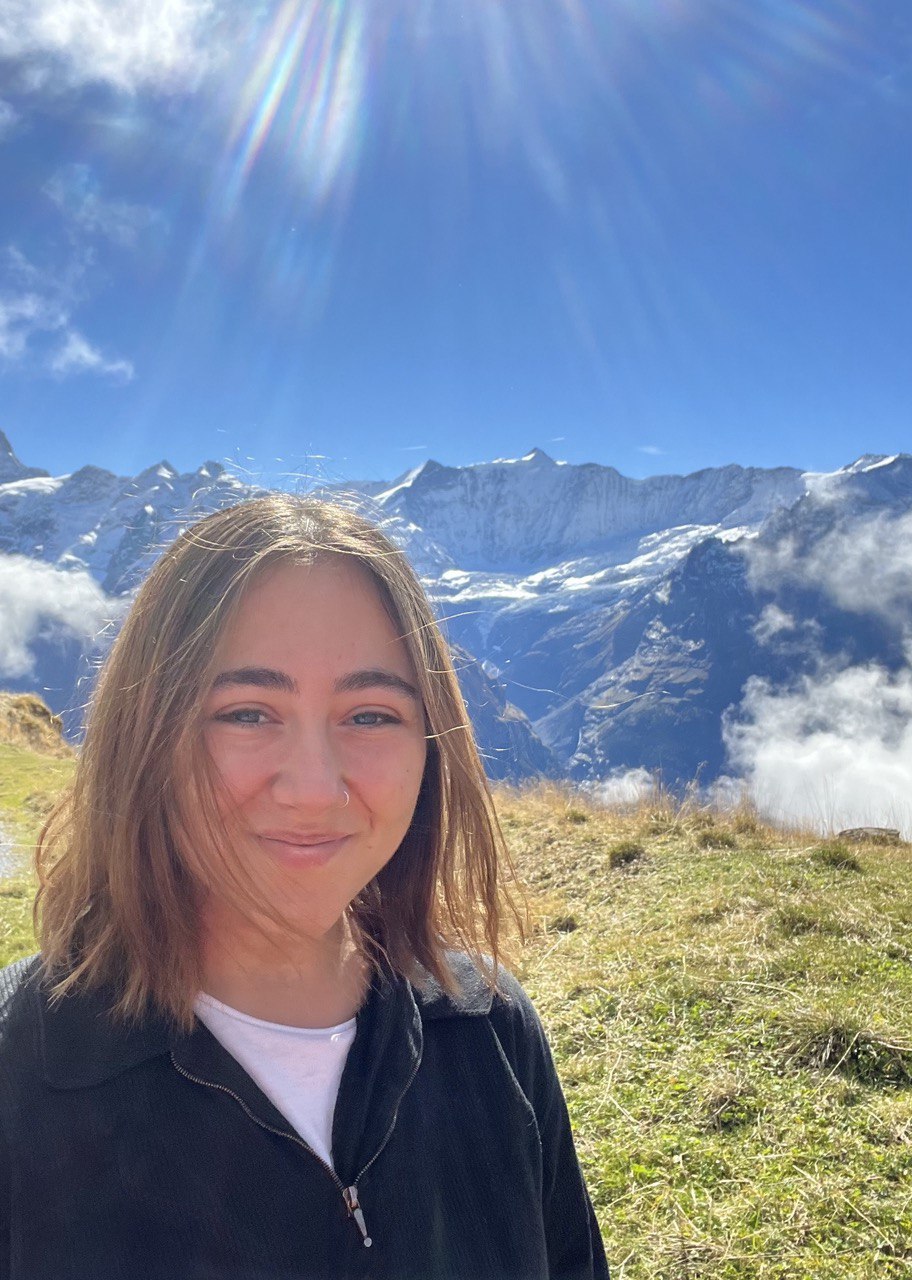
Tamari Bayer

Emrullah Baykara

Lukas Garbade
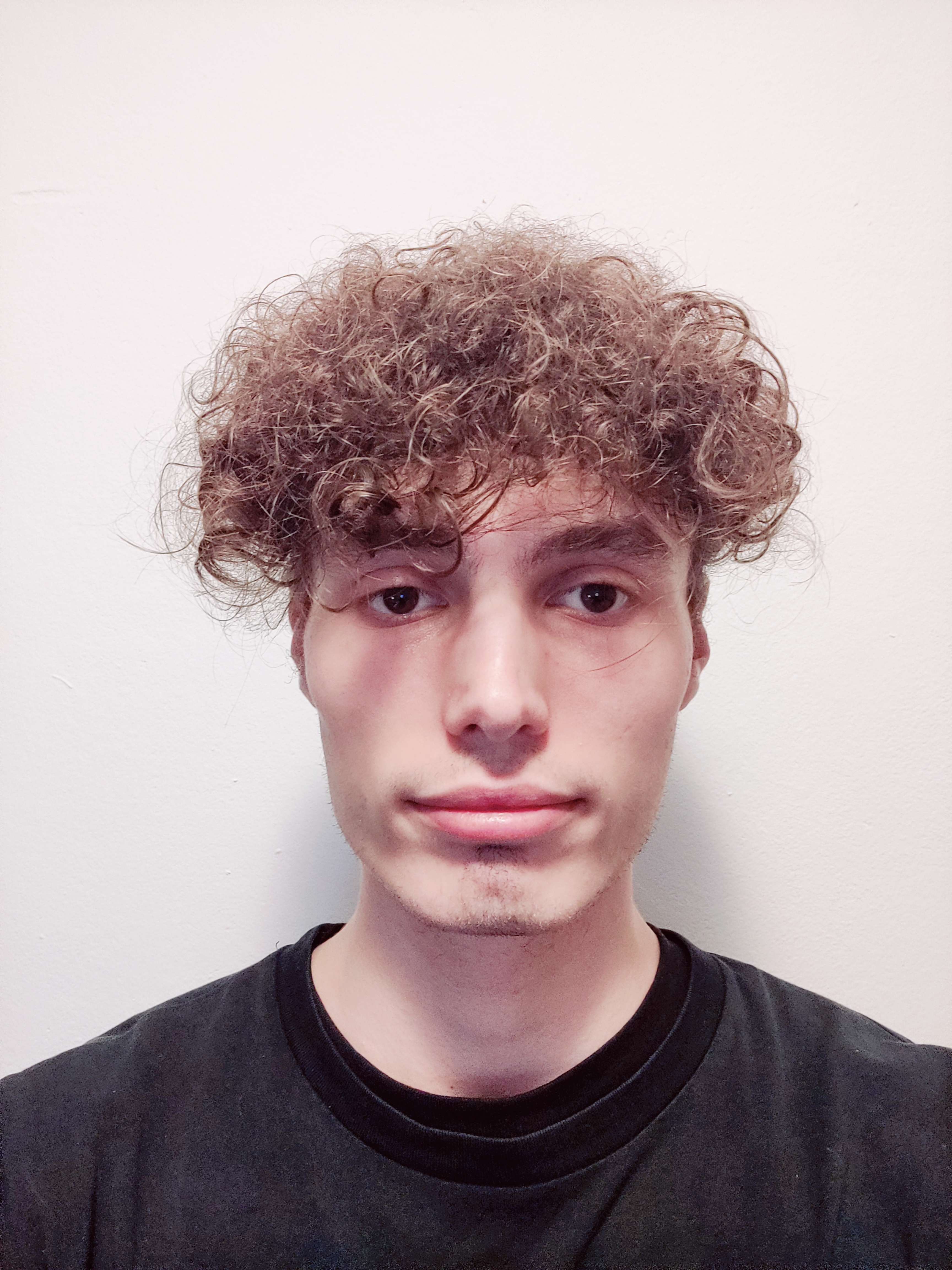
Arbresh Gashi
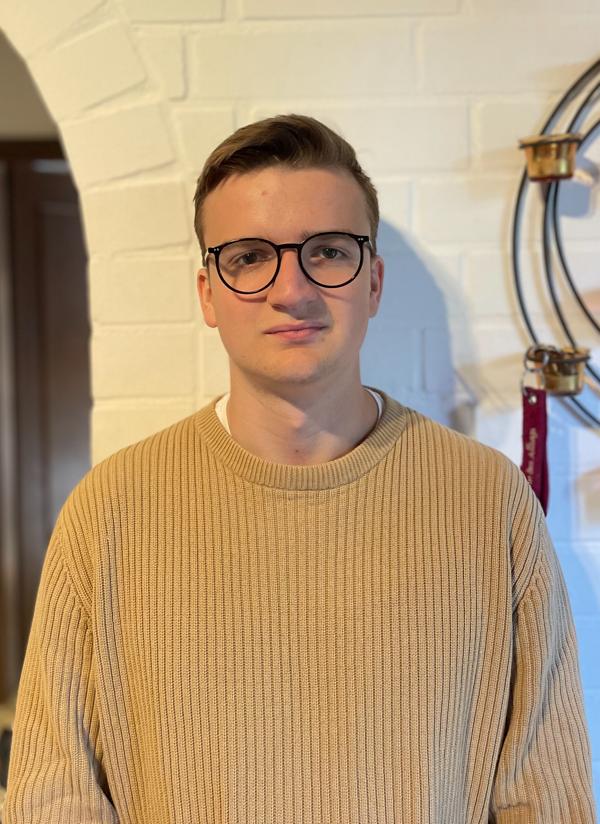
Hanno Henke

Ardit Keta

Jonathan Kinkel

Hannah Koeper

Tobias Liese

Ole Mahlstaedt
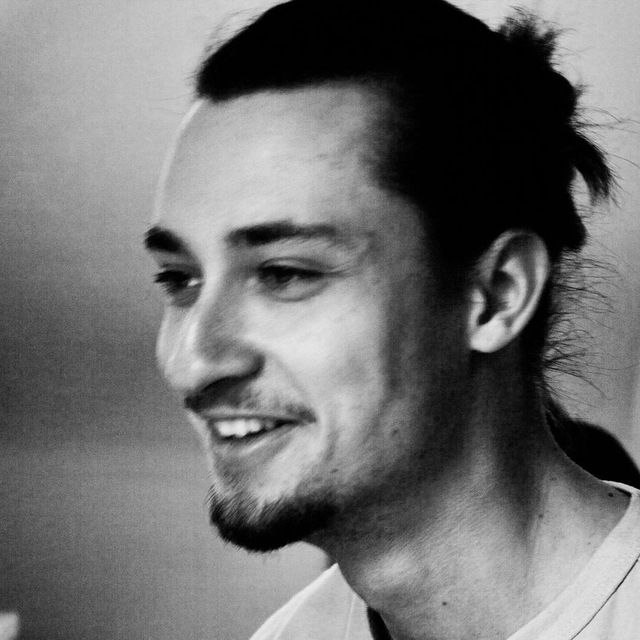
Semjon Nirmann

Jorma Reiners

Jessica Repty
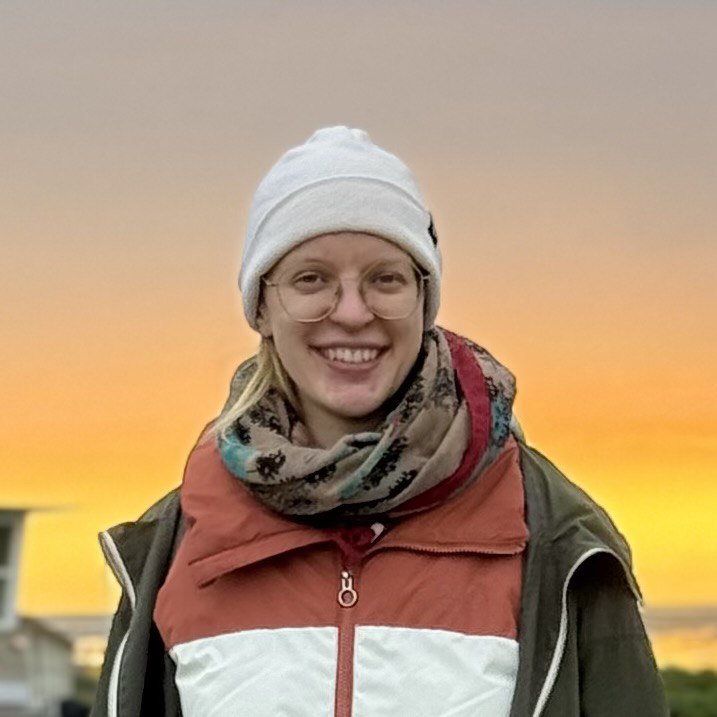
Freja Sender
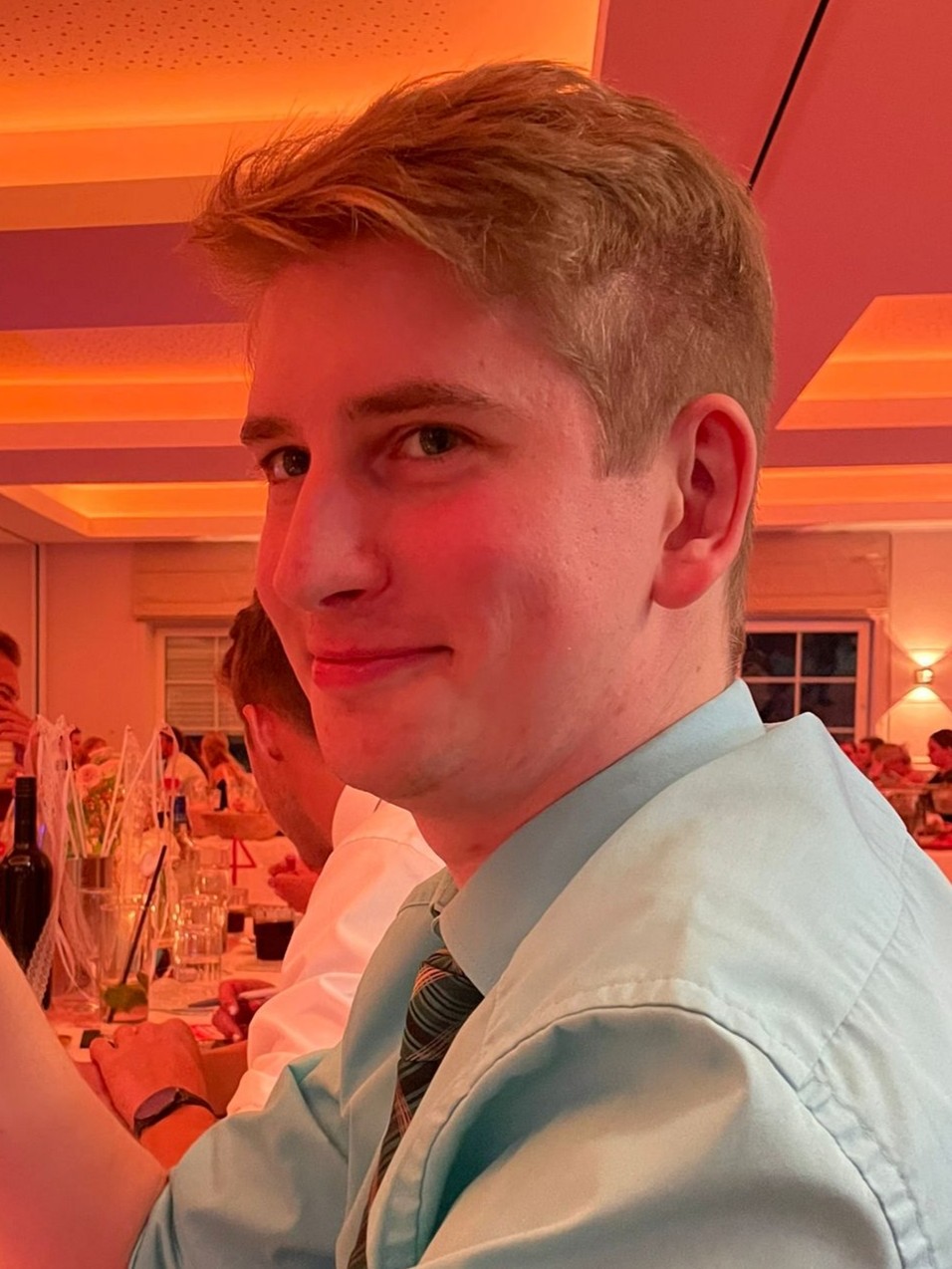
Jörn Steffens

Aziz Tas
